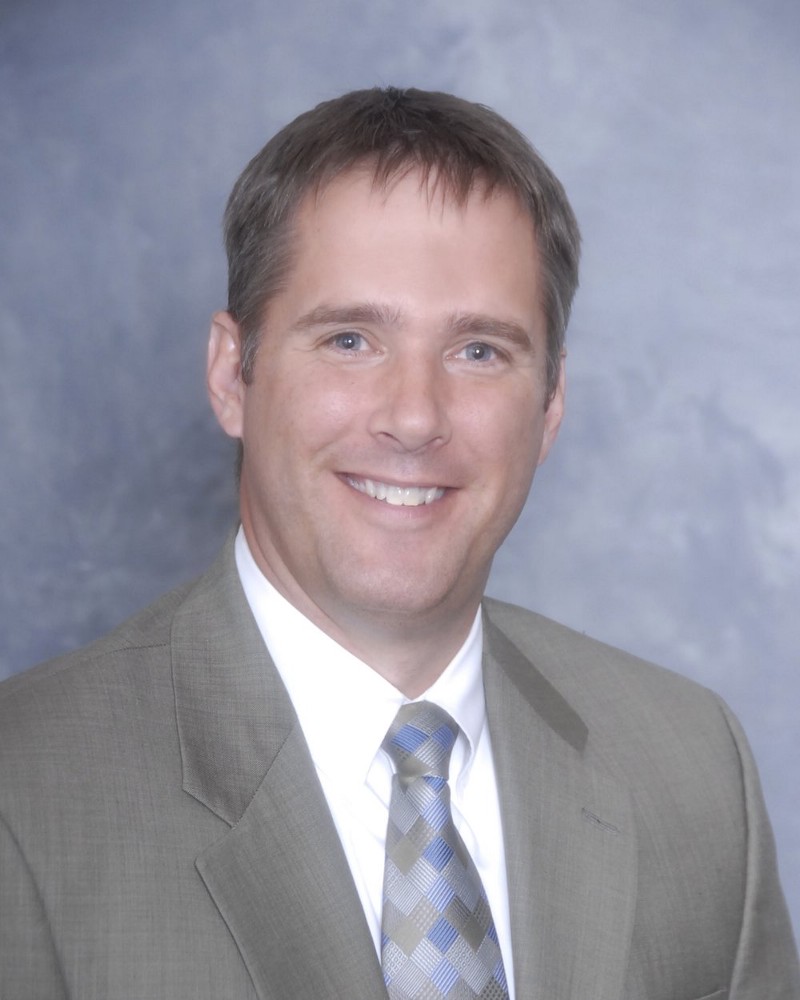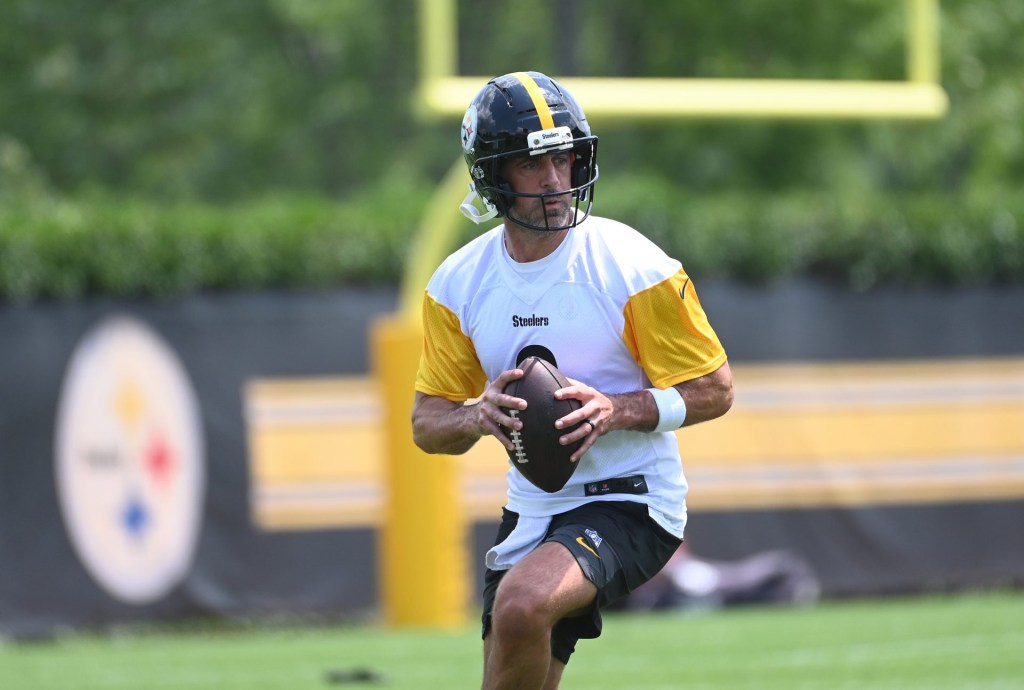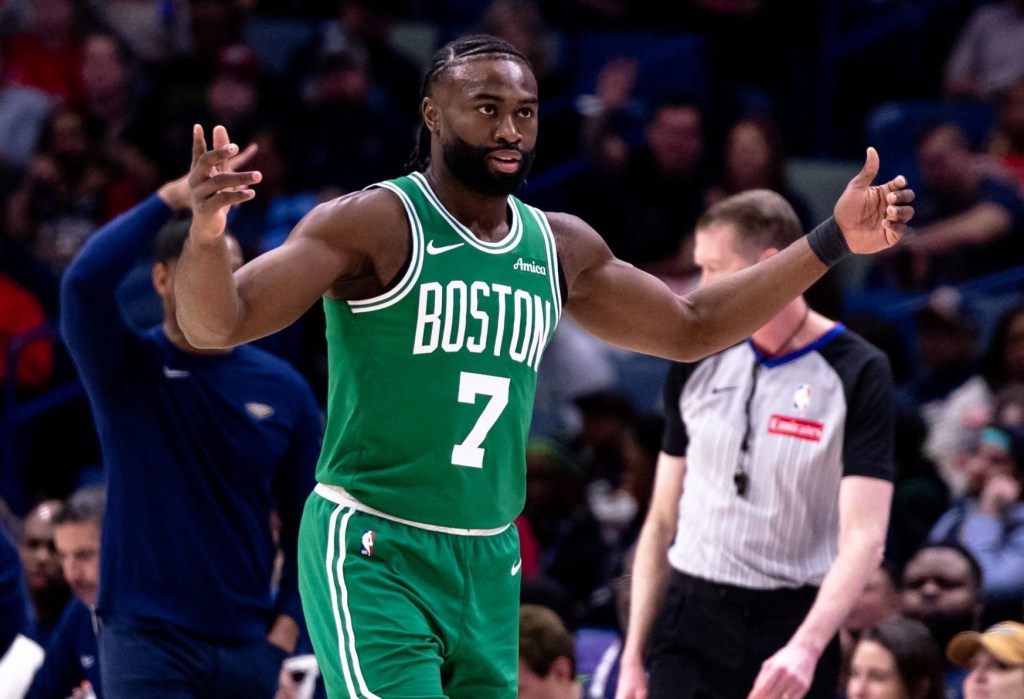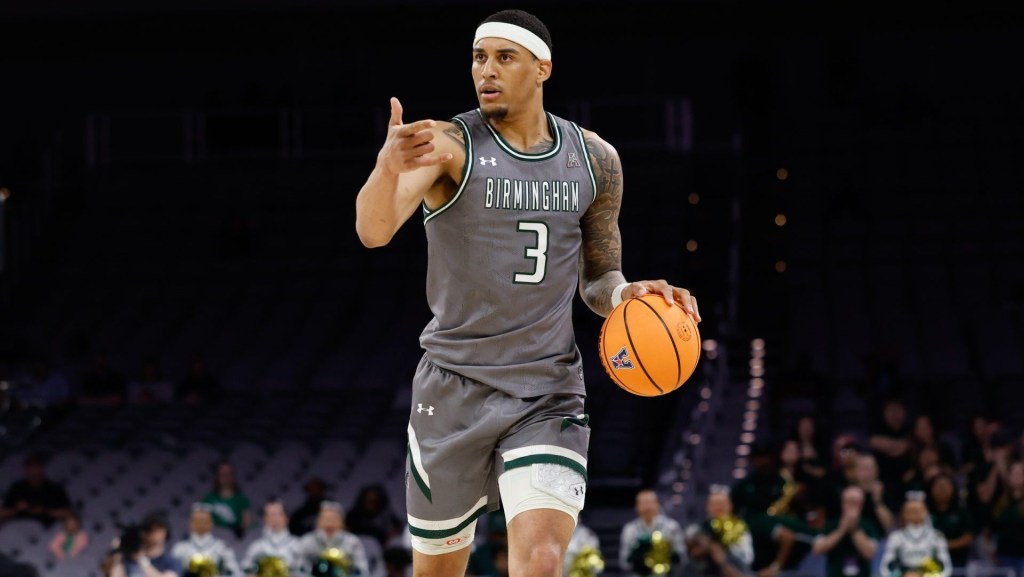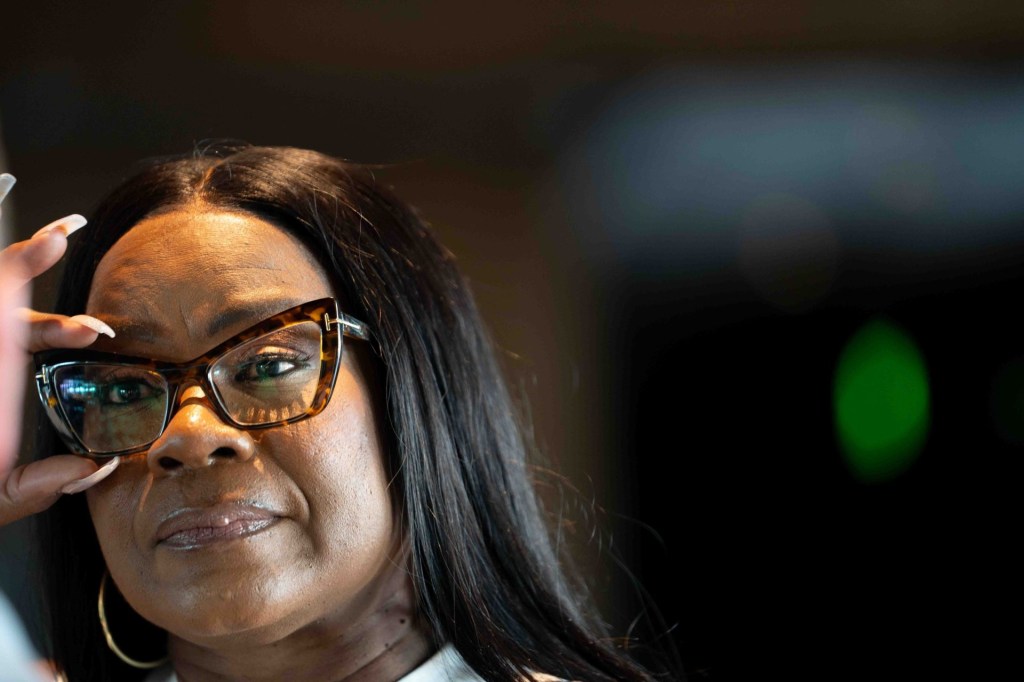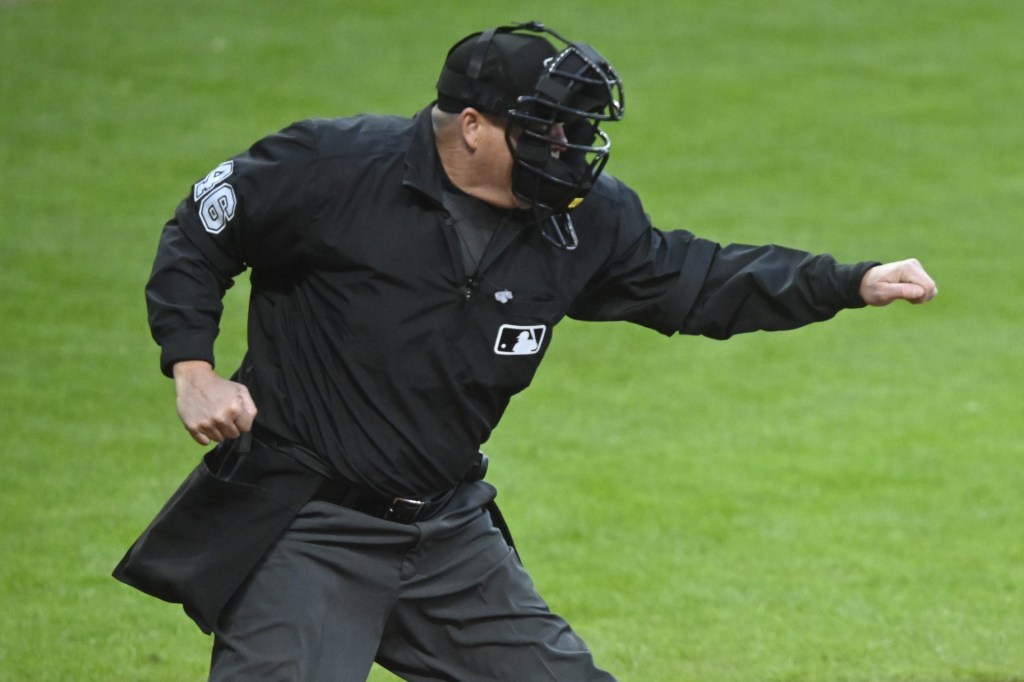This interview is presented to you by the University of Nebraska — Lincoln Master of Arts in Business with a Specialization in Intercollegiate Athletics Administration.
By: Austin Weaver, @AustinTWeaver

Norman, Oklahoma, home of the Sooners, was the right place at the right time for David Brown, Executive Vice-President of idegy, inc. After spending two years as a student assistant in the media relations department while he worked towards a degree in public relations, Brown earned a full-time position with the Sooners marketing staff.
“I was looking for jobs in media relations and the director of marketing and promotions came to me and said, ‘I just lost my assistant and my intern, and I want to hire you.’ I told her that I didn’t know anything about marketing, but she said I knew more than I thought I did and that she would teach me the rest.”
For the next two years, Brown would continue learning the sports marketing trade before making the jump to Indiana University, where he would spend the next five and a half years as the Director of Marketing and Promotions.
In leaving Bloomington, Brown stayed in the Big Ten as the Associate Athletics Director for External Relations at Ohio State University. While at Ohio State, Brown led the charge of selling the multimedia marketing rights to IMG for what was at the time, the largest rights fee ever paid to a university.
The relationship that Brown formed with IMG eventually led to another job change, this time Brown left the university side and became the Regional Vice President of IMG, where he was tasked with managing the business of Ohio State, Michigan, Connecticut, and Cincinnati.
After two years at IMG and a year as the Director for National Sales for FishBait Marketing, Brown made the decision to go off on his own and created DB Sports Marketing.
During the two years that Brown managed his own firm, a previous relationship led to working with idegy. Impressed with the work that he had done, idegy created a new position for Brown in which he is now tasked with selling premium items to sports teams and companies.
With a wide range of experiences, Brown has two key things he shares with those that ask him how to find success in the increasingly competitive sports industry; experience and networking.
Early and often is a cliché that best sums up Brown’s advice on experience.
“To start gaining experience, those looking to get into this industry need to work on volunteering and finding ways to get involved. When you are working at different events, not only are you networking with the people running the event, but they will notice who is getting the job done and will remember that. I never would have been offered my first position at Oklahoma if the director of marketing didn’t know what kind of person I was and how I had approached my work while I was still in school working with media relations. Getting involved with the athletic department gave me a chance to showcase to others what I was capable of.”
Another aspect of finding opportunities to gain experience, Brown understands that potential interns and entry-level employees might not have a lot of experience, but that isn’t always a deal-breaker.
“Entry-level and intern applicants aren’t going to have a lot of experience, so when hiring for those type of positions, I look at their attitude and if they are a fit for the organization. Are they willing to do anything and everything and are they communicating that with me? The attitude that gets you those early opportunities is one where you not only say you’re interested, but you show it by doing your homework about the position and proposing how you can help.”
Brown credits the relationships he has built throughout the industry to his career progression.
“You need to get to know the people around you and while they may not be the person hiring you today, you never know where they will be in the future. Everyone progresses at different rates, so a grad school classmate might be someone that hires you down the road.”
“As you continue to grow and move up the ladder, it is so important to continue building a network. Not even just with people up the ladder, but also those below you and those at the same level. I often tell those that leave after interning or working with me to not forget me because I might need a job down the road. I have built a strong network, but I’m always working on building it up.”
A great way for students to begin building a network if they want to work in college athletics is at the annual NACDA conference.
“If you want to get into college athletics, you have to go to NACDA, but you also need to find your segment and get involved, whether that be marketing, compliance, etc. You have to go in and put in the work to meet people, it doesn’t just happen. Don’t be afraid to introduce yourself or to ask someone to introduce you to someone else. Ask people if you could sit down and pick their brain, you aren’t asking for a job, but rather just trying to learn.”
Beyond building a network of other professionals and finding ways to gain valuable work experience, Brown wants those interested in working in sports to keep an open mind about how one is working in the industry.
“One thing about this industry is that you don’t have to be working for a team. I work in sports, but I am now on the vendor side. You can work for a marketing company that has sports clients. There are so many different ways to work with sports related organizations, from concessions to sponsorships to being an attorney that represents sports organizations.”
Whether it be building relationships with those around you or keeping an open mind about what roles are possible, marketing yourself remains the common denominator.
